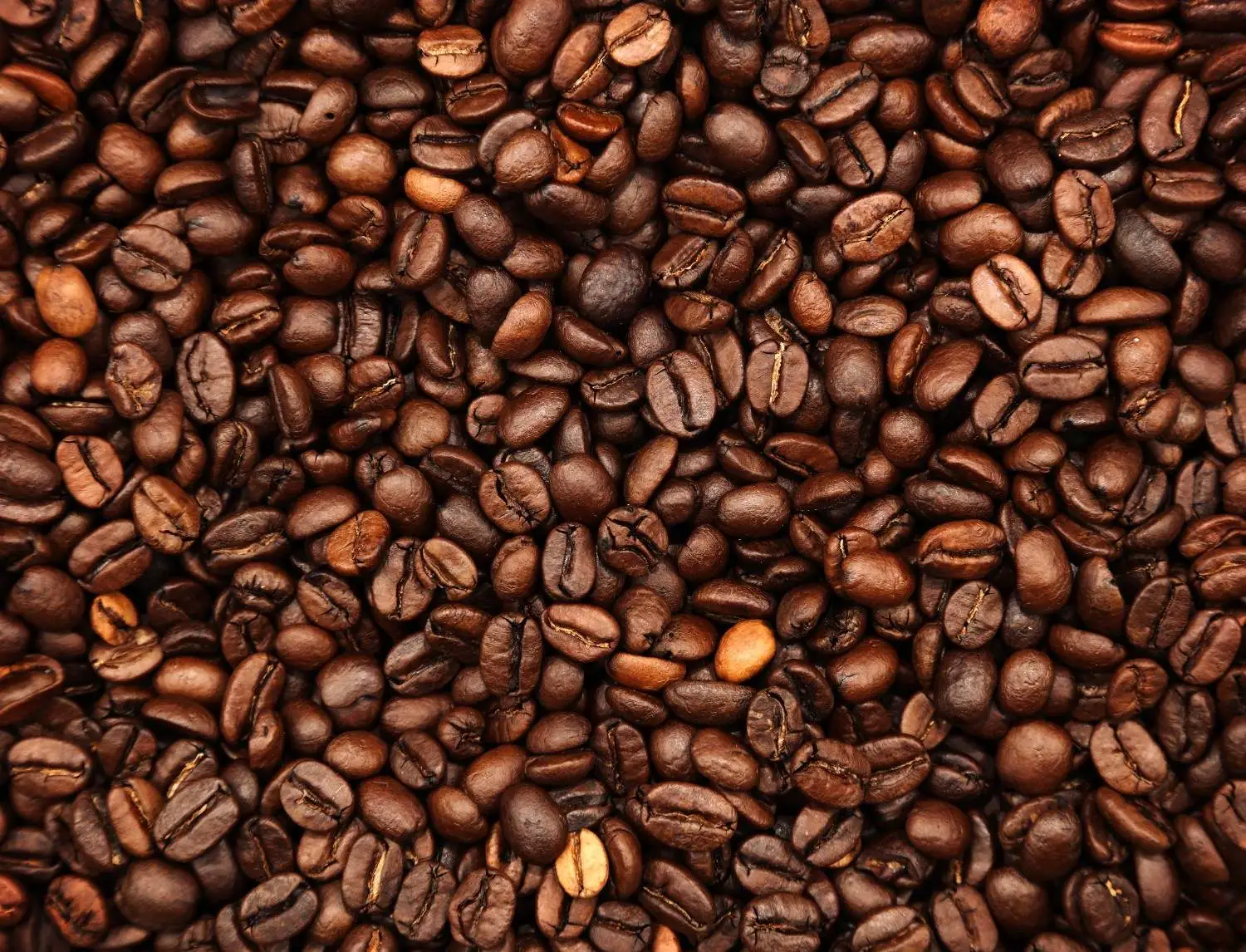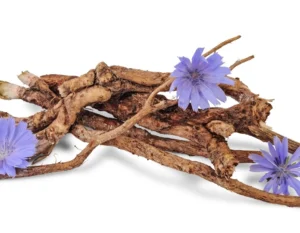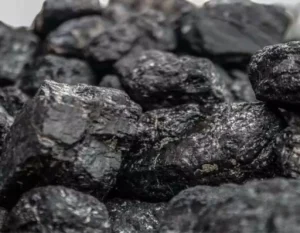Natural caffeine is the type of caffeine that is found naturally in plants. It is a stimulant that works by blocking the effects of adenosine, a neurotransmitter that makes you feel tired. By blocking adenosine receptors, caffeine keeps you alert and awake.
Natural caffeine is found in a variety of plants, including:
- Coffee beans (Coffea arabica and Coffea robusta)
- Tea leaves (Camellia sinensis)
- Cocoa beans (Theobroma cacao)
- Guarana berries (Paullinia cupana)
- Yerba mate (Ilex paraguariensis)
- Kola nuts (Cola acuminata)
- Yaupon holly (Ilex vomitoria)
The amount of caffeine in each plant varies, and the caffeine content of foods and drinks made from these plants can also vary depending on the preparation method.
For example, a cup of brewed coffee typically contains about 95-200 mg of caffeine, while a cup of decaffeinated coffee contains about 3-12 mg of caffeine. Natural caffeine is also often added to foods and drinks, such as energy drinks, soft drinks, and chocolate bars.
Health Benefits of natural caffeine
- Increased alertness and focus
- Improved mood and energy levels
- Reduced fatigue
- Enhanced physical performance
- Improved cognitive function
- Reduced risk of type 2 diabetes
- Reduced risk of Parkinson’s disease and Alzheimer’s disease
- Potential risks of natural caffeine
Caffeine is generally safe for most people when consumed in moderation. However, too much caffeine can cause side effects such as anxiety, insomnia, headaches, and jitteriness.






Reviews
There are no reviews yet.